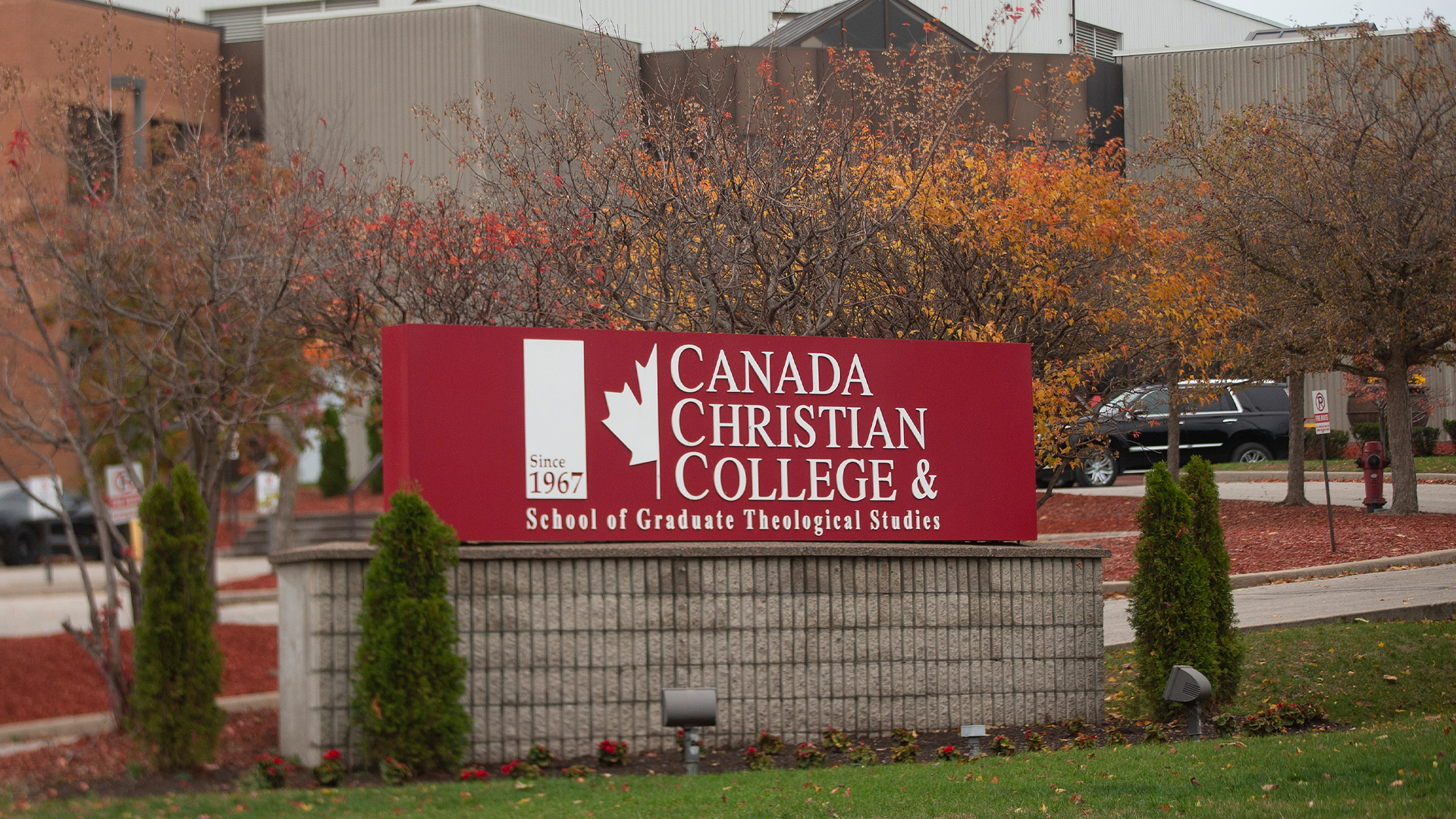The Ontario Court of Appeal is set to hear a novel case this week about the power of the executive to override the will of the legislature. The case is Canada Christian College v Postsecondary Quality Assessment Board and most of the public discussion around it has been about the political controversy related to it rather than the fascinating and complex constitutional issues raised.
While the political controversy is certainly spicy, a key issue in the appeal relates to a fundamental question of constitutional principles regarding the role of the executive – in this case, refusing to implement legislation that has been passed and given royal assent. The implications of this case could be widespread and undemocratic. The Ontario government’s approach, if approved by the courts, would hand the executive a carte blanche to override the legislature.
We at the Canadian Constitution Foundation – an organization that has been granted intervenor status in the appeal – believe the court should rule that any government cannot refuse to implement legislation already passed but can decide only when to implement such legislation. We are intervening to make an important constitutional principle about parliamentary supremacy. The CCF’s intervention is about the state of the law and takes no position on the merits of the case.
The legislation and the hybrid process
This dispute arose when the Ontario legislature passed legislation that, among other things, allowed the Canada Christian College (CCC) to call itself a university and gave it the power to grant arts and science degrees. The college is run by Charles McVety, a political ally of Premier Doug Ford. McVety has been active and vocal in campaigns against gay rights, has made controversial statements about Muslims, and is considered strident and conservative even among other Christian evangelical groups. The CCC is often the host of events put on by Rebel News. There have also been questions about the financial dealings between the CCC and McVety.
The CCC has long sought to expand its degree-granting authority and call itself a university, so when Ford was elected in 2018, the time was ripe, and the process got underway. The Ontario minister of colleges and universities asked the postsecondary education quality assessment board (PEQAB) to provide advice and recommendations. But the legislation was also introduced at the same time. This was called a “hybrid process.”
In December 2020, the Ontario legislature passed a bill that allowed the CCC to call itself a university and to grant bachelor of science and bachelor of arts degrees. The provisions were within the Better for People, Smarter for Business Act, 2020. The legislation was passed and received royal assent before the board had issued any advice or recommendations. During this time, the board had commissioned a panel of one to review the materials. The panel made one recommendation for improvement, which the CCC addressed.
The political controversy
The passing of the legislation created political controversy because of the relationship between Ford and McVety and because of the history of offensive statements made by McVety. The Toronto Star ran a story with the headline “Doug Ford wants to give university status to a school run by a homophobic preacher. But that’s only half the story.” A CBC News story was headlined: “Controversial bill allowing Ford supporter’s college to grant new degrees passes.”
In the legislature, former Liberal premier Kathleen Wynne, the first openly gay premier in the province, asked the minister of colleges and universities: “Why would this government extend the mandate of the most publicly and vocally homophobic man in Ontario? Why, in the name of all that is decent, would this minister validate the hateful, vicious, racist and homophobic rhetoric of Charles McVety by extending the reach of his Canada Christian College?”
The government appeared unable to stomach the controversy. It reacted by trying to put the brakes on the legislation, which had been already passed. In May 2021, five months after the legislation received royal assent, the PEQAB issued findings that CCC was “not ready” for the term “university” or for expanded degree-granting powers. The minister then refused to proclaim into force the provisions of the legislation dealing with CCC. He made this refusal using what are known as “commencement provisions” in the legislation, which confer statutory discretion on the executive to bring validly enacted legislation into force.
Canada Christian College challenged the minister’s decision, arguing that the executive cannot override the will of the legislature in this way. Even if the government subsequently regretted its decision to propose legislation giving the CCC new powers – and to use its legislative majority to pass it – the government’s correct course of action would be to use its same legislative majority to repeal it.
Ford could have done what he wanted to do easily. The political inconvenience of repealing the legislation is not a legal excuse. Allowing the minister to block a law to save political face is executive overreach because it intrudes on the power of the legislature to make laws. The long-term consequences of giving a minister this type of veto power over duly enacted laws would be profoundly undemocratic.
The legal issue: commencement provisions
At issue in this appeal is the question of whether a commencement provision can authorize the executive to never bring legislation or its provisions into force. As an intervenor, the Canadian Constitution Foundation is arguing that commencement provisions grant the executive the power to bring into force legislation or provisions, but do not vest legislative powers in the executive.
They do not give the executive the power to de facto repeal legislation by never bringing it into force, absent express legislative language to that effect. A commencement provision such as the one at issue in this appeal should grant the executive only the limited power to determine when to bring legislation into force, not whether to bring it into force at all.
This kind of commencement provision is pervasive in Canadian law. Similar ones are present in more than 400 statutes in Ontario and at the federal level. The court’s decision in this case therefore has potentially wide-ranging implications across the country. The government’s approach has the potential to empower the executive to actively refuse to bring legislation into force in whole or in part, or even to effectively repeal legislation and undermine the intention of the legislature. The purpose of commencement provisions must not extend to frustrating or defying the will of the legislature.
Such a result would be profoundly undemocratic and could lead to unforeseen consequences. For example, using the Ontario government’s approach, a minority government could decline to bring into force legislation adopted by its political opponents in the legislature. In another scenario, if there is a change in government after an election, the new government could use commencement provisions to undermine legislative intent without being required to go through the legislative process and repeal the legislation or its provisions outright.
Or if legislation introduced by the government is amended through the legislative process by opposition parties or members of the governing party itself, the executive could, in theory, bring into force only those provisions that it initially introduced. These would be serious and undemocratic consequences.
By refusing to proclaim the legislation into force, the minister appropriated a power that we believe belongs to the legislature. While the litigant in this case may not be popular, and while the political theatre around the case creates a spectacle, it is actually in such cases where executive overreach is most likely to occur and be tolerated. That does not make the overreach right or legal, and if the courts permit this approach, it will have long-term and undemocratic consequences well beyond one unpopular litigant. It is essential for the court of appeal in this case to clarify the legal limits on the statutory discretion provided by commencement provisions.









